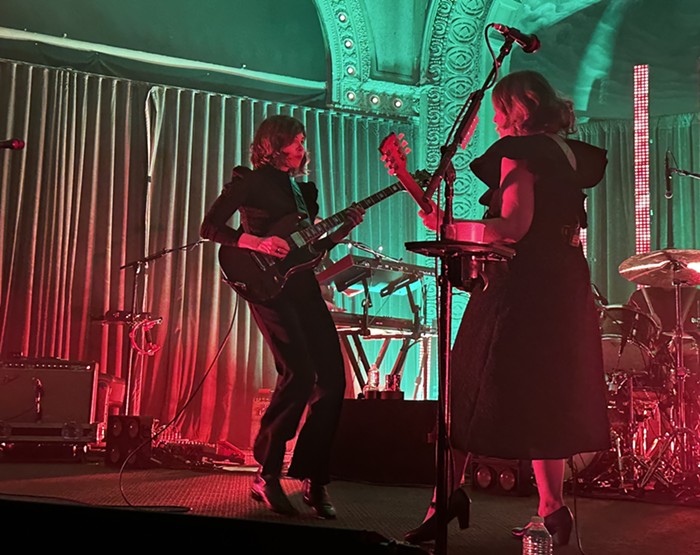DURING THE 20TH CENTURY, the arts went through a phase in which it was fashionable to foreground the mechanics behind the creation, from the ductwork outside the Pompidou Centre to breaking the fourth wall. Music, however, never really found a way to work this into its repertoire. As the previous century yielded to the 21st, music finally found a way to let its seams show—by making obvious the globalized distribution at the heart of modern sound. Pop has been global since at least the early '80s, but we still treat it as a primarily local affair, even as American pop is consumed in Japan, Kuwait, and South Africa, with musicians in those countries adding their own local twists. So when Jay-Z added a verse to bhangra hit "Mundian To Bach Ke," renamed it "Beware of the Boys," and made it a hit in America—all after discovering the original online—it was less an innovation than an acknowledgment of the reality in which he found himself as a global pop star. He flipped the script, showing Americans what it feels like to be global citizens.
As a collaboration between Malawian singer Esau Mwamwaya, French producer Etienne Tron, and Swedish producer Johan Karlberg, the Very Best embody the sense of free-flowing global exchange that has come to animate much of dance music. Says Karlberg, "We've all been away from our home countries for many years, and spent time all over the world, so we feel pretty at home wherever we go." On their full-length debut, Warm Heart of Africa, their music slips between beats originally intended for Lil Wayne and something approaching African pop, all overlaid with Mwamwaya's rapturous vocals. Moreover, by recruiting Vampire Weekend singer Ezra Koenig and pop provocateur M.I.A. (themselves both highly globalized figures), it signals a connection to two different approaches to worldwide pop.
Certainly pop music could use some fresh sounds; as anyone who's watched Eurovision knows, it's remarkable how many different countries can produce music that sounds exactly the same. But the funny thing about globalization is how easily it slips from a celebration of local differences to an undifferentiated multicultural gloop as these particularities become mere signifiers of difference. It's a good sign, then, that in Mwamwaya's home country of Malawi, the Very Best has been placed in the context of other domestic acts—which makes sense, since Mwamwaya sings in Chichewa, the official language of Malawi. "Esau is slowly becoming a star in Malawi," explains Karlberg. "Our videos are on TV a lot and the music gets a lot of play on radio and by DJs. There's still a long way to go for Esau to be the biggest artist in Malawi, though. Hopefully the second album will set that straight!"
Live, Mwamwaya and his producers are unusually talented at conjuring a party, and the language barrier means little when the goal is to pack the dance floor. The singer's tendency toward major-key melodies and lush harmonies are a breath of fresh air among small-voiced pop singers with dark inclinations, and the Very Best can hit that ineffable sweet spot of pop at the intersection of base pleasure and sublime transcendence. While it's always possible Mwamwaya might be singing about something as mundane as drywall, it sure sounds like he—along with the rest of the world—is having one hell of a time.



















